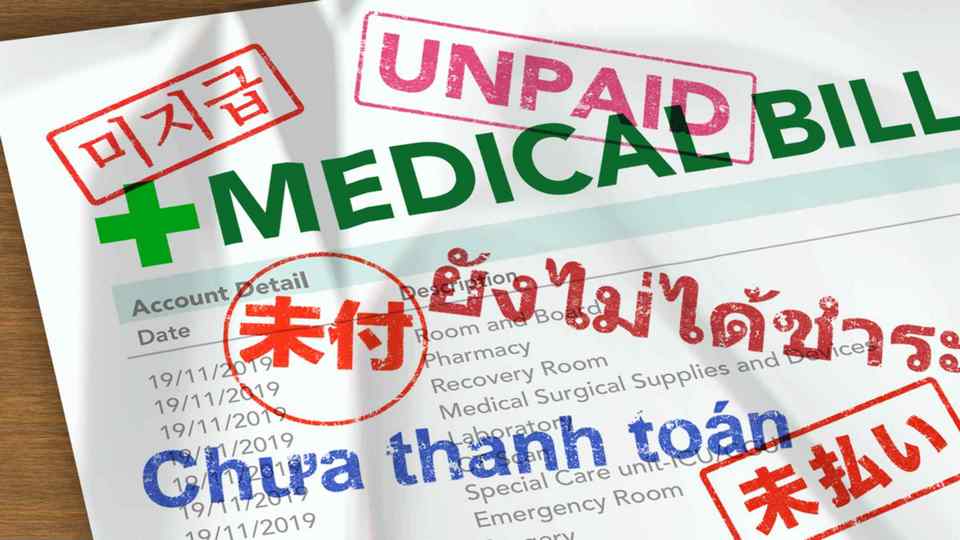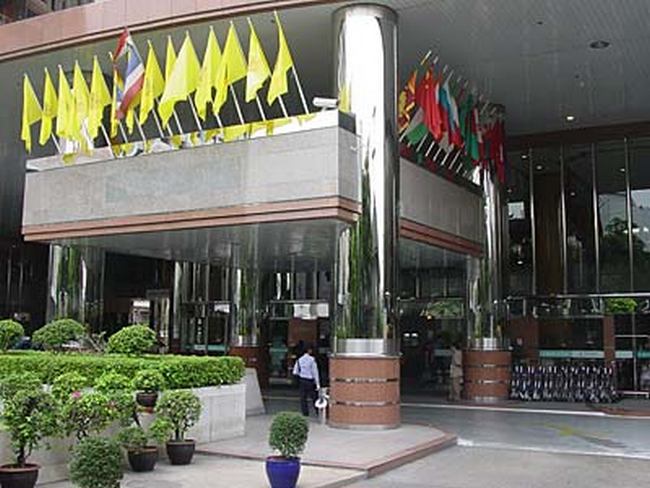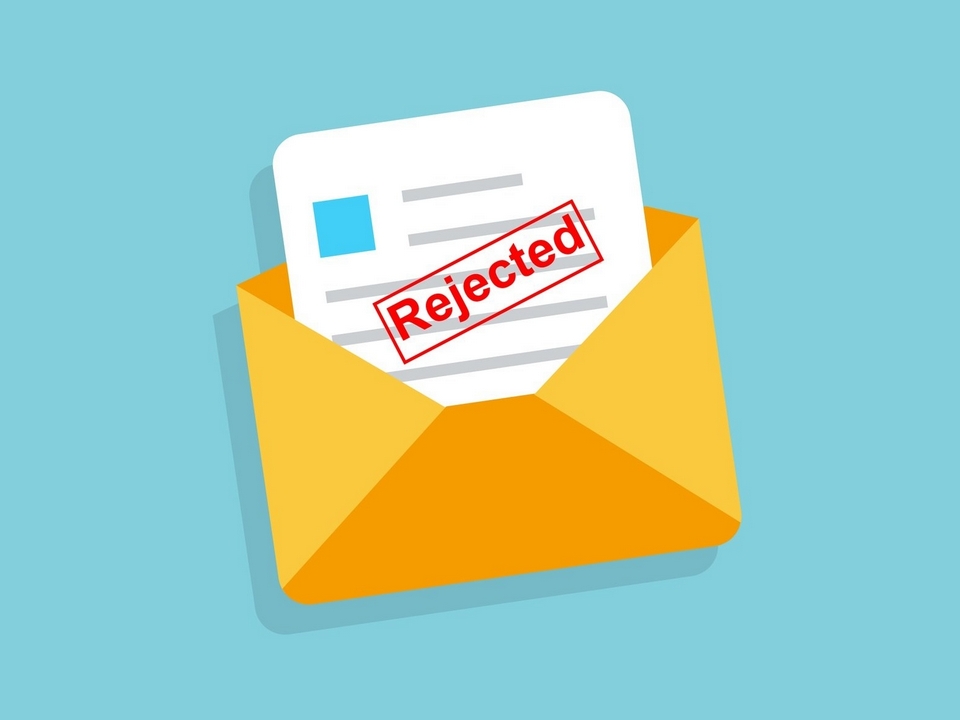
Everybody says that you shouldn’t be in a foreign country if you are not medically insured. Yet Thai authorities have traditionally been ambivalent about the whole subject, at any rate until recently. With the prime minister’s aspiration to open up Thailand again within four months, even though the pesky virus is still very active, foreigners’ unpaid hospital bills are back on the agenda.
The scale of the destitution problem isn’t really known, although the Thai health minister in 2019 said it was annually around 450 million baht or about US$15 million. This may seem a lot, but it’s chicken-feed compared with the 2 trillion plus baht spent by international tourists prior to the current lockdown. Moreover, it has long been assumed that the private hospital sector in Thailand inflicts a hidden premium on in-patient bills to compensate for the non-payers.

Unpaid bills, of course, are not a Thai monopoly. Yasio Sugiura, a Tokyo-based hospital director, said that 13 percent of Japanese hospital patients were foreigners. Non-payment had gotten so bad that hospitals were actually taking out insurance policies to compensate for their losses. South Korea has a requirement that foreigners staying more than six months must pay premiums into the national health insurance system. These are both ideas that Thailand should examine.
The overwhelming majority of visitors to Thailand were – and always will be – short-stay tourists: about half being Chinese who are very, very rarely insured. Last year the Thai tourist minister said that a 300 baht levy would be imposed on all arrivals, of which about 30 baht (US$1) would go towards unpaid hospital bills.
That tiny move, which hasn’t yet been implemented, was absolutely not intended to provide travel insurance to the masses but was simply a slush-fund to which hospitals in dire financial straits could appeal. At the moment all visitors to Thailand require Covid-19 insurance, but one imagines that this won’t be mandatory for fully vaccinated tourists once the country opens up in the autumn. The extra costs and bureaucracy would be a strong disincentive.
There is currently a debate about medical insurance for expats. One or two visa categories already have to provide “general” medical insurance for at least 400,000 baht in-patient treatment. It’s worth noting that this is a paltry sum if a patient is faced with a significant operation, let alone a stay in the intensive care unit. Self-insurance has been mooted as an alternative path for foreigners of advanced years who can’t obtain company cover. Much remains unclear.

A separate problem arises if a company initially denies a medical claim. No figures are issued for Thailand, but a Change Healthcare survey in America found that the refusal rate by insurers was around 10 percent – rising as the pandemic continues to harass the human race. The main reasons for denial were failure to obtain pre-authorization for treatment, pre-existing conditions and use of hospitals not in the company’s network.
The Vachira Phuket Hospital has made the very valid point that, as Thailand itself becomes an ageing society needing more medical care, the country can ill-afford the growing problem of foreigners’ debts. Given that not a single foreigner has ever been successfully prosecuted or blacklisted in Thailand for failing to pay a hospital bill, Thai authorities cannot rely on undeliverable threats. Medical insurance is indeed “a good thing.” But it is not a panacea without a coherent and logical overall policy. Hope springs eternal.
 |
 |
 |





